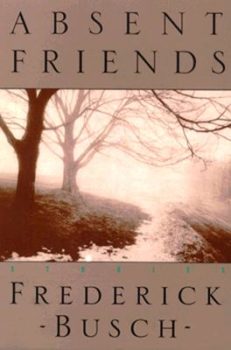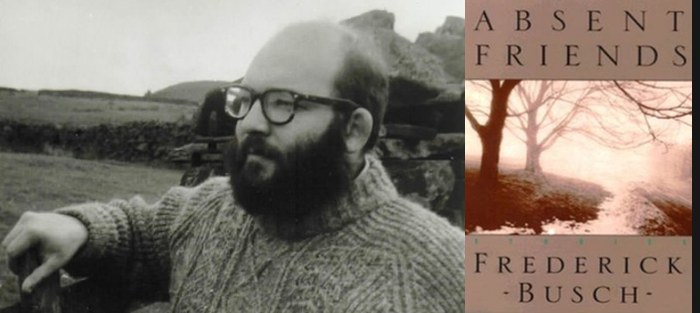Stories that move you to tears and make you laugh are rare, but this is one of them. Let me be clear: this story isn’t about a duck. Well, not exactly. It starts with a vomiting dog (stay with me, now) and ends with a dramatic rescue in a blinding snowstorm. In places it’s downright hilarious. The narrator is a night security guard at a small college with a dry wit, taking one class per term for free:
My professor assigned a story called “A Rose for Emily,’ and I wrote him a paper about the mechanics of corpse fucking. […] I called the paper “True Love.” He gave me a B and wrote See me, pls.
 But there’s also the troubled, drunken student the narrator encounters—“somebody’s red-headed daughter, standing in a quadrangle how many miles from home and weeping”—and the story-within-a-story: also called “Ralph the Duck,” a childishly simple bedtime tale that the narrator writes for class.
But there’s also the troubled, drunken student the narrator encounters—“somebody’s red-headed daughter, standing in a quadrangle how many miles from home and weeping”—and the story-within-a-story: also called “Ralph the Duck,” a childishly simple bedtime tale that the narrator writes for class.
Not until the end of the story, when the narrator makes a tiny, quiet revelation—so quick and understated that you might miss it—do you understand how the three strands of the story fit together. It’s organic and deeply satisfying, and you’ll read the story very differently the second, and even the third, times through.
I met Frederick Busch just once, shortly before his death, when he was a visiting professor at my MFA program. I asked him if it was a problem that all of my stories seemed to feature missing parents, and he told me that writers always write about what they fear the most. For him—a happily married man with several sons—that meant his stories often dealt with couples divorcing or children in danger. I think of that every time I read “Ralph the Duck”: it’s a story about how pain lives with us, and the ways we strive to make up for the past.
- “Ralph The Duck” is available in Frederick Busch’s collections Absent Friends and The Children in the Woods, and is widely anthologized.
- Didn’t get the “A Rose for Emily” reference? Read the classic Faulkner story online.
- Want to see more Stories We Love? Check out the whole archive on FWR.






